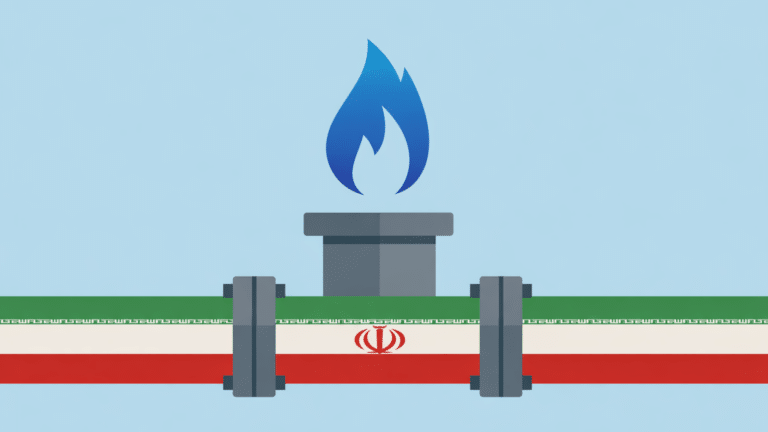Global natural consumption experienced strong recovery in 2021 with an estimated 4.6% increase, more than double the decline seen in 2020. This owed to the combination of a rebound in economic activity after the 2020 lockdowns and a succession of extreme weather events that prompted additional demand from temperature-sensitive sectors. Lower than expected supply availability led to a tight market and a steep increase in gas prices that put the brakes on demand growth in the second half of 2021.
2021 closed on all-time high spot natural gas price levels in both Europe and Asia, and supply remained very tight at the start of 2022. Natural gas market growth is expected to cool down in 2022 on higher gas prices, slower economic growth and assuming normal weather conditions, while supply availability could improve as offline capacity gradually returns. The exceptionally high gas (and by extension electricity) prices are likely to have an impact that would last beyond the current season and the European market, as the ripple effects on consumers in both mature and emerging gas importing countries are already visible.
The Center on Global Energy Policy hosted a panel of experts to discuss the latest edition of the IEA’s Quarterly Gas Market Report, which provides an overview of the main market highlights for 2021, and an analysis of recent gas market developments and forecast for 2022.
Moderator:
- Anne-Sophie Corbeau, Global Research Scholar, Center on Global Energy Policy at Columbia University SIPA
Panelists:
- Akos Losz, Energy Analyst, International Energy Agency
- Dr. Tatiana Mitrova, Board Director, Novatek and Schlumberger; Professor, Skolkovo Moscow School of Management; and Non-Resident Fellow, Center on Global Energy Policy at Columbia University SIPA
- Andrew Walker, VP LNG Strategy & Communication, Cheniere Energy
—










